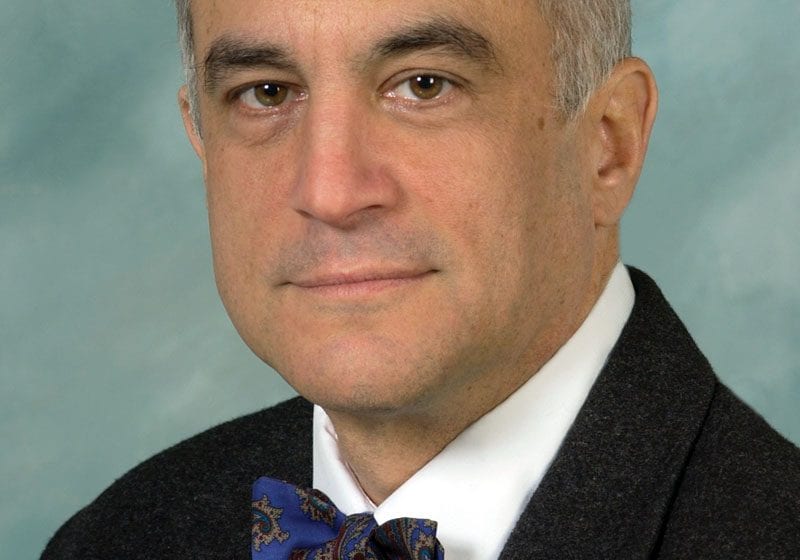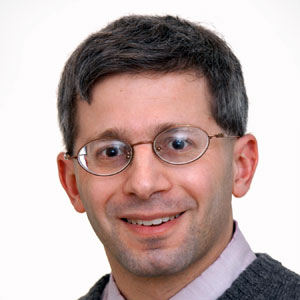It has been known for two decades that, by avoiding smoke, tobacco users – chewers, dippers, and snusers – eliminate about 98 percent of the health risks associated with smoking, according to two public health experts in the US.
The risks are so small, they say, that even large epidemiologic studies with hundreds of thousands of users cannot provide indisputable evidence that smokeless tobacco causes any disease.
And yet, the Food and Drug Administration – and, indeed, the EU – seems implacably opposed to allowing tobacco consumers to be informed about this lower risk.
The question is why?
In an interview published by the Huffington Post, the psychotherapist, author and TV commentator, Robi Ludwig, Psy.D, tries to get to the bottom of this and other questions by talking with Dr. Brad Rodu, who has studied the science behind tobacco harm-reduction strategies and has been appointed the first holder of the Endowed Chair in Tobacco Harm Reduction Research at the University of Louisville’s James Graham Brown Cancer Center, and Dr. Joel Nitzkin, public health physician, who is board certified in preventive medicine and has been involved in tobacco control activities since the late 1970s.
The interview is at: http://www.huffingtonpost.com/entry/two-doctors-on-a-mission-to-set-the-record-straight_us_58f96d42e4b0de26cfeae28c.











